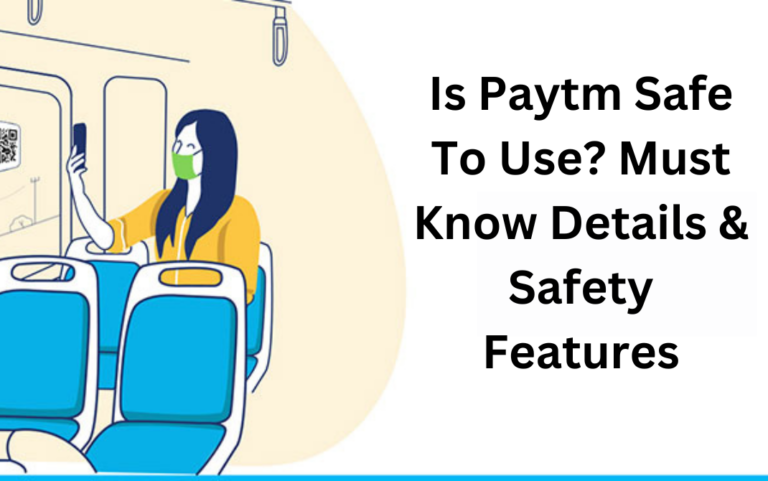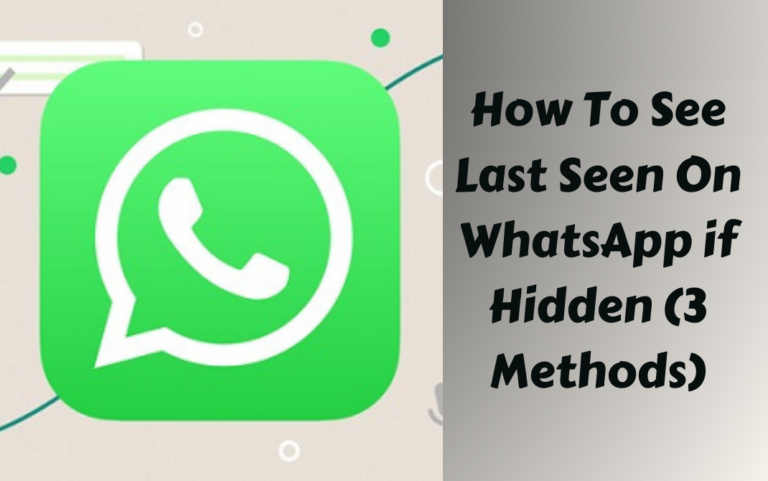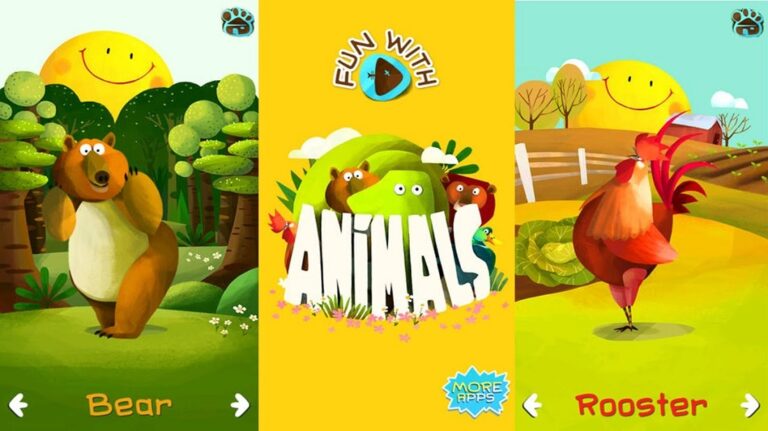Whether you’re an astronomy buff, or merely a curious star gazer, then you’re probably familiar with Vito Technology’s best-selling Star Walk-IYA2009 Official Product app. Vito also markets HolyWars, a social net Q&A app. We spoke with Murad Nazaraliev, Vito’s GM, recently about the company’s app development philosophy and process.
1. What traits do you believe are important in an app beyond graphics?
MN: Usability. Ergonomics. Our main concept is that the settings must be reduced to a minimum. The user has to download and install the app, nothing more. Thus, the customer is simply free to use it and not worry about anything else.
2. If you could be something other than a developer, what would it be?
MN: I’d probably become a musician. I tried many things in my life; I was selling cars, for instance.
3. Do you anticipate that the iPhone app will need to be more sophisticated over the next year as buyers become even more selective?
MN: I’m sure we will see many more sophisticated apps than now. The market of simple and cheap apps is going to become soon saturated. But the price politics led by Apple are considerably slowing down those activities and you have probably already seen many articles about it over the net. The apps are very cheap so it is hard to get considerable profit from them. Of course, if Apple likes your app and puts it on the Featured Apps list, it can yield very well even with a one-dollar price.
4. Buyers have very high expectations for apps that cost a mere $4.99. Are they unreasonable or do you think it’s a model that devs inadvertently created by releasing so many inexpensive apps just to get attention?
MN: I don’t think they are entirely unreasonable, because actually, the quality of the product should not depend on its price. If I paid just one dollar, it must not affect the quality. I paid money and I want to get a good product for it. Basically, I believe that the user’s requirements are always reasonable.
5. What’s the development cycle for one of your apps?
MN: Here is the brief history, for instance, of how Star Walk, our bestseller for iPhone, was born. Ten years ago, our company was developing applications for Windows Mobile, GPS navigation programs mostly. When all the main GPS apps were done, we thought that we had to try to make an application for stargazing. So AstroNavigator was born, and it was already touch-oriented, even the very first version. However, it didn’t become as popular as we wished. Thus, when we decided to make a similar application for iPhone, I doubted that it could sell well. We took a step back and looked at it once more and after a few debates, we decided to go for it. It took us quite a long time actually, but thanks to this thinking process we managed to realize a very consistent and stable application that became immediately a bestseller.
6. Do you envision dev cycles to lengthen, driven by the increasing need to dev shinier apps?
MN: At least, all our projects are always changing. We can never say an application is totally completed and there is nothing left that can be improved. We are always trying to make it better and polish an application. As to the quality of products, we spend a lot of time-solving potential problems that a user may encounter, but probably he will never do. I envision that the dev cycles will lengthen.
For instance, the very first working version of our app HolyWars was ready after a week. But the version for the AppStore was ready after four months only. We postponed the release a few times polishing some small details. We can not afford to publish a product that doesn’t satisfy our requirements. Some developers think though that it’s better to publish a raw version and bring it to date later. In the case of HolyWars, we had a problem with the app crashing and this was happening because of some problems with Apple SDK bugs we struggled till we fixed it whereas many other developers may just suggest resetting the iPhone to get the app to work again.
7. What do you contribute to an app that you believe gives it value?
MN: If we knew the exact answer, all our apps would be very, very, very very successful. I think first, it’s fun, and second, it’s communication between users.
8. What do you think of the review system in the App Store? I see some people give an app one star, thinking that’s a good thing. Clearly, they don’t get it. On the other hand, I see some apps get several five-star reviews on the first day of release that appears to have been written by the same person.
MN: Apple constantly changes something in these review systems, and because of it our HolyWars got into a weird situation. There is a division depending on versions. So when we restricted something in the free version of HolyWars, the last free version got many negative reviews, though the applications remained the same. Otherwise, it’s impossible to fight people that think that one star is good. I don’t think we should worry about it too much. The system of reviews is not ideal, but I hope it will be improved eventually because Apple is a very adequate company and they always do something.
9. What’s the biggest advantage of the iPhone other than mobility?
MN: I guess usability and the intuitive interface, are missing in WM and Symbian. A five-year-old kid is able to use it immediately after unpacking it from the box. No need to set up anything. To set up Wi-fi or GPRS on WM or Symbian could be a real challenge and instead is very simple on the iPhone.
10. What do you see as the biggest challenge is to overcome the limitations of the iPhone?
MN: All the ideas we had about iPhone are realizable. Actually, all the restrictions implied by Apple are made to ease the life of users. I don’t see any frightful restrictions on iPhones.
11. What apps are on your iPhone right now?
MN: I have 66 apps right now. Besides our apps, I use often Stanza.






